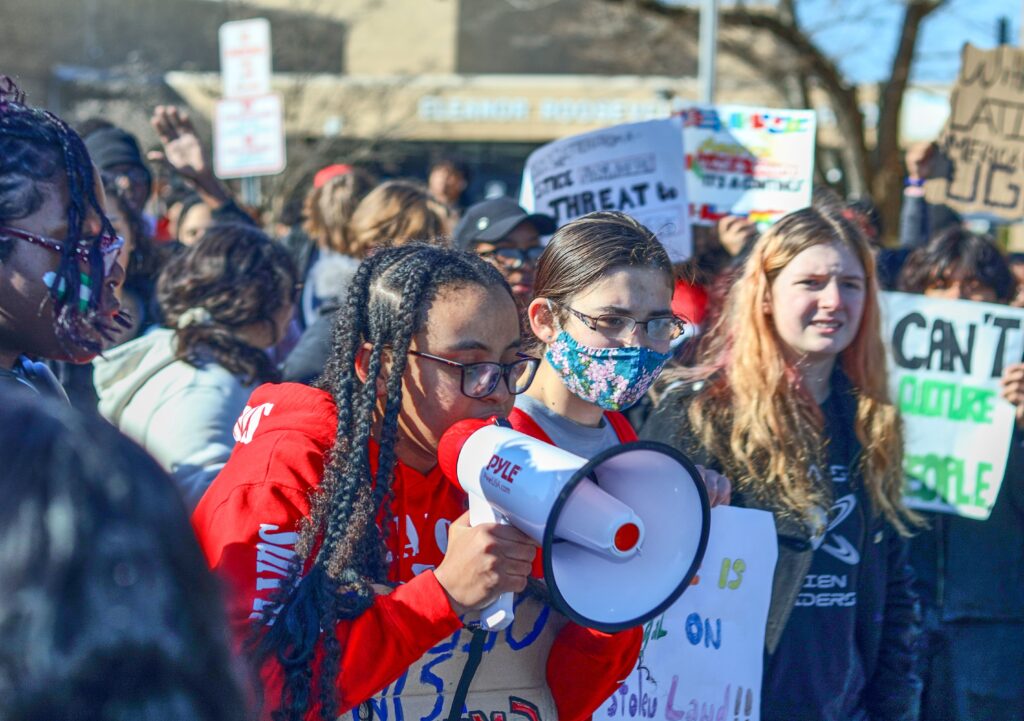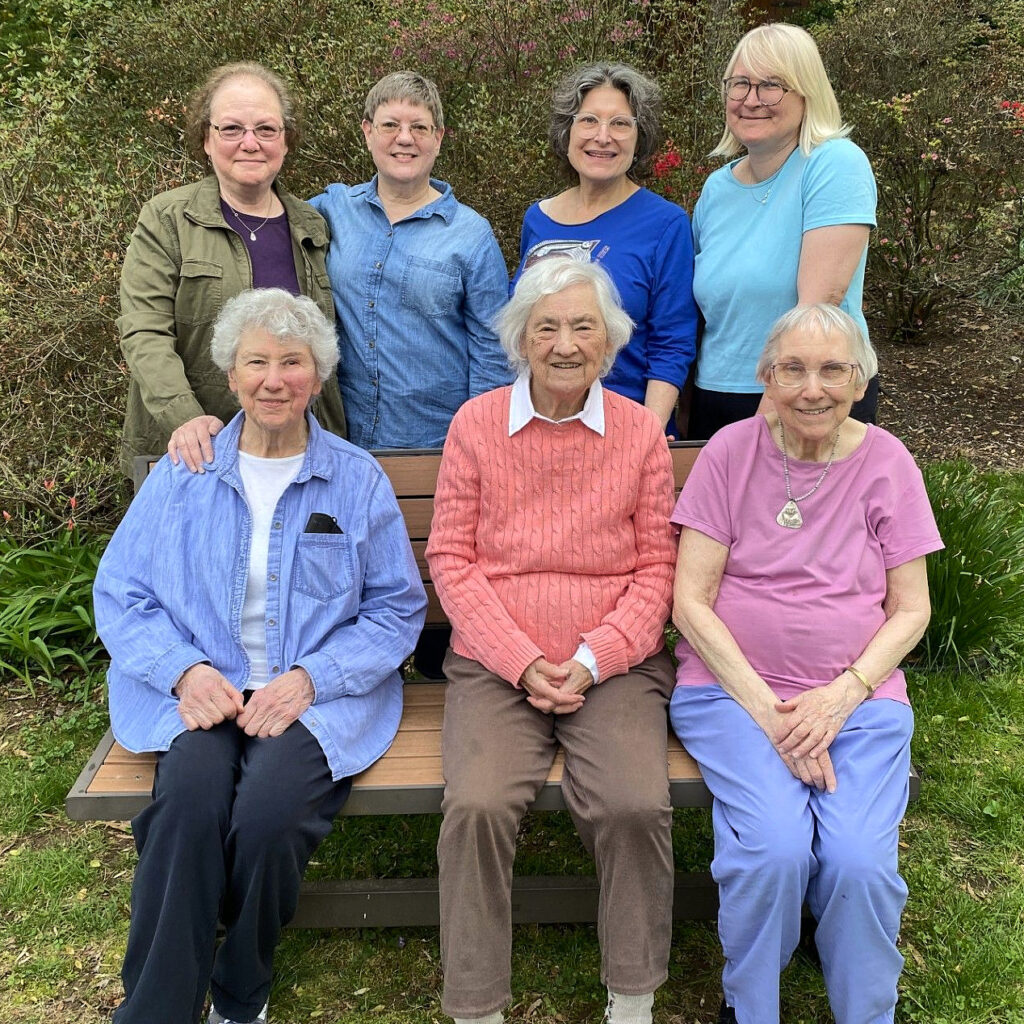On Monday, 41 days and two-and-a-half missed paychecks into the longest government shutdown on record, a Greenbelt resident and single mother described how the current political stalemate has been impacting her. She is a federal employee, and she asked that we withhold her name out of fear of reprisal for speaking to the press.
She’s been through four government shutdowns, through sequestrations and bailouts, but this is her first as a parent. “Now it definitely feels different being a single mom with responsibilities,” she told the News Review. In the past, being furloughed and having delayed pay didn’t have the same impact. “It was just me. I was riding bikes,” she recalls of the forced time out of the office. “Yes, I would have liked six weeks off to take a break,” she says of this shutdown, “but the mental toll, as you lose confidence,” is huge, she says. “You know you did everything right to work hard and get a good job and be responsible but it’s out of your control,” she said.
Her confidence in the political system has been shaken. “You think, ‘What’s the point,’” she reflected. “But that’s dangerous because it makes people not want to vote. But I can feel myself losing my confidence in our representatives. … I see no strategy.”
Getting Benefits
Applying for benefits is not easy, one of the things she would like people to know. “Do people think they’re just handing stuff out? I have a graduate degree and am struggling to figure things out,” she said. She’s applied for SNAP, unemployment and deferments from utility companies. “But none of that’s really come through so the main thing I’ve really benefited from is being able to go to the capital area food pantries,” she said. Many of the food banks say no walkups and she doesn’t drive, so that’s been an additional challenge in accessing resources. She’d been trying to hold out on filing for unemployment but has now applied and now there’s a backlog. She also notes that colleagues considered essential and required to work through the shutdown can’t file for unemployment even as they receive no pay. She didn’t qualify for cash assistance and has taken one of the personal loans offered to federal workers by her bank. However, she’s afraid to use it. If it’s the only money she has access to she doesn’t know how she’ll pay it back if the shutdown goes on too long. She has already made a hardship withdrawal from her Thrift Savings Plan. She needed to pay credit cards and clear debt, and she needs to be able to build up a cash reserve if this is something that federal workers will continually be dealing with, and she believes it is. She thinks the government might shut down again in January. She’s just applied for Medicaid to see what she is able to access, to possibly cut her health insurance costs.
Shutdown Ending
Asked how she feels about the possibility of the shutdown ending as the Senate reaches a deal she says, “I’m kind of struggling with it. I know the Democrats didn’t have the leverage to really pursue this fight but what it hopefully has done is help everyone to see that when placed under pressure the length they were willing to go.” The tax subsidies were going to expire; she wishes there had been work on both sides to address it sooner to avoid this. “I don’t know if we are organized enough as a society to provide support for families to wait it out,” she said of the shutdown. There’s no shame in using benefits, she stresses, but she has struggled. “I know that I can claw myself out of it, but I don’t know if other people standing in this waiting room can,” she says of the experience of applying for benefits, “and that’s what’s hard.” That’s where there’s a loss of confidence that our representatives can govern successfully, she says. She’s hopeful she’ll receive back pay, which is why she hasn’t made a second hardship withdrawal.
She has a graduate degree in public administration and has always wanted to be in public service. She still wouldn’t want to work for private industry, she says, though she might consider the nonprofit world if she had to. Despite her belief that another furlough period will be on the horizon, she plans to return to her federal service. She considers herself mid-career. “I’ve grown a lot in my career which is awesome, but there were definitely more seasoned folks … but now with all the Deferred Resignation Plans people like myself with 20-25 years of service are thrust into the senior positions. Maybe the purpose of my remaining career is to help younger people know what my agency was like and what it could be again. My reason for staying is to hopefully get back to the essence of what we once were that I got to experience.”
If the government hadn’t shut down she’d be reviewing proposals for projects she’s no longer certain they can carry out. They’ll have to check and see where things stand after being shuttered and closed up without oversight. “There’s not a lot of transparency or even insight into what’s next,” she said.
Outside this Region
In the capital area, people are living in the midst of the impact of the shutdown and the news about it, but it’s not the case for the rest of the country, she believes. The advantage of this is that her parents in a rural state are shielded from news of what she and her agency are going through. She’s trying to hide it from her aging parents, she says, while also worrying about the system in which today’s children will grow up.
Living with Less … and More
Meanwhile, she’s having tough conversations with her child about being careful with money. She’s using the local Buy Nothing group more. Christmas is going to be tough, she thinks.
“Living in Greenbelt gives me more hope, though,” she says. If she didn’t live in Greenbelt there would be more than a passing thought of leaving the U.S.
The kinds of things that would be helpful in the community? Rides to food banks, she says. Also, companionship. She attended a gathering on Sunday with many others who are also furloughed. “It was so great to be around people that are in the same boat,” she said. “It doesn’t have to be something fancy,” any chance for community will do.


